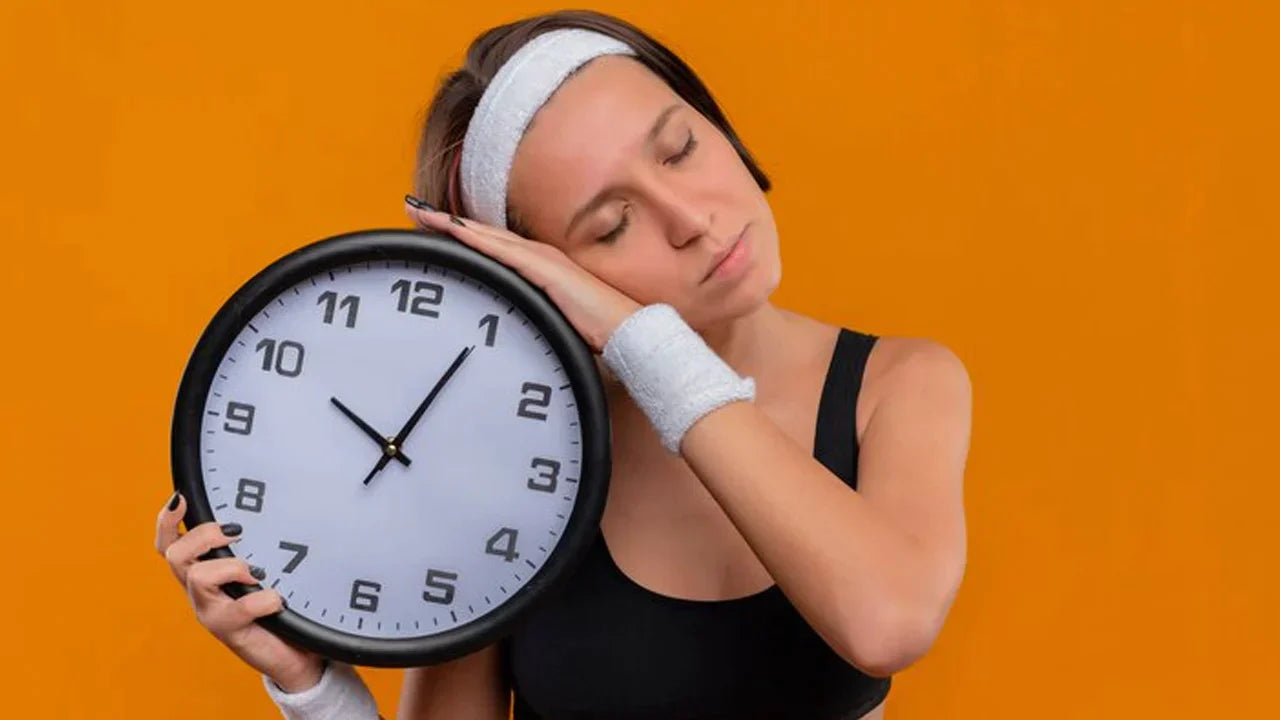Ah, sleep! That sweet refuge of dreams, that nightly escape from the day's hustle and bustle. It's one of those universal experiences we all share, regardless of where we come from or what language we speak. Every culture has its lullabies, its bedtime stories, its rituals of tucking in and turning off. And in our increasingly fast-paced world, where we're constantly bombarded with information and stimuli, sleep has become both a luxury and a necessity. Most of us have pondered, at least once, about the tie between our slumber and the scale. We wonder, with all the diets and workouts available, how many hours should I sleep to gain weight? It's a question that has puzzled many, and the answer might surprise you. Stick around, and we'll delve deep into this intriguing correlation.
Does Lack of Sleep Cause Weight Loss or Gain?

How many hours should i sleep to gain weight
The Sleep-Appetite Tango
Best Time to Sleep to Lose Weight

Night Owl or Early Bird?
Sleep and Weight Loss: The Complex Connection

Quality Over Quantity
It's not just about clocking in those hours; it's about how restful and rejuvenating those hours are. The quality of your sleep is paramount. Imagine two scenarios: in one, you sleep for 8 hours, but you're constantly tossing and turning, waking up multiple times throughout the night. On the other hand, you sleep for just 6 hours, but it's deep and uninterrupted. It's like comparing apples to oranges - a peaceful 6-hour slumber can sometimes trump a restless 8-hour one. So, focus on creating a serene sleep environment. This might mean investing in a comfortable mattress, using blackout curtains, or even using white noise machines. Whatever it takes, ensure you're setting yourself up for the best sleep possible, and watch it work wonders for your weight.
Conclusion
So, circling back to our burning question: how many hours should I sleep to gain weight? The answer is nuanced, varying from person to person. But one thing's for sure: Sleep's relationship with our weight is intricate and profound. By understanding and harnessing this connection, you can guide your body towards your desired weight goals.
Frequently Asked Questions
What role does sleep play in muscle gain?
Sleep is a boon for muscle recovery and growth. During deep sleep, the body releases growth hormones essential for muscle repair. Consistent, high-quality sleep can enhance muscle gain, especially if paired with the right nutrition and exercise.
How does sleep deprivation affect metabolism?
Lack of sleep can slow down your metabolism, making it harder to burn calories efficiently. This can result in weight gain over time. It's always a good idea to prioritize restful sleep to keep your metabolic fires burning bright.
Can oversleeping lead to weight gain?
Just as too little sleep can be problematic, too much isn't ideal either. Chronic oversleeping might be linked to weight gain and other health issues. It's about striking a balance and finding your body's sweet spot for rest.
Is there a connection between sleep quality and hunger cravings?
Absolutely! Poor sleep quality can increase levels of ghrelin, the hunger hormone, making you feel hungrier the next day. This can result in overeating or making less healthy food choices.
Do naps help with weight management?
Short naps can help counteract the negative effects of sleep deprivation, like increased hunger and reduced fat loss. However, excessively long or irregular napping might disrupt your nightly sleep pattern, so use naps wisely!










